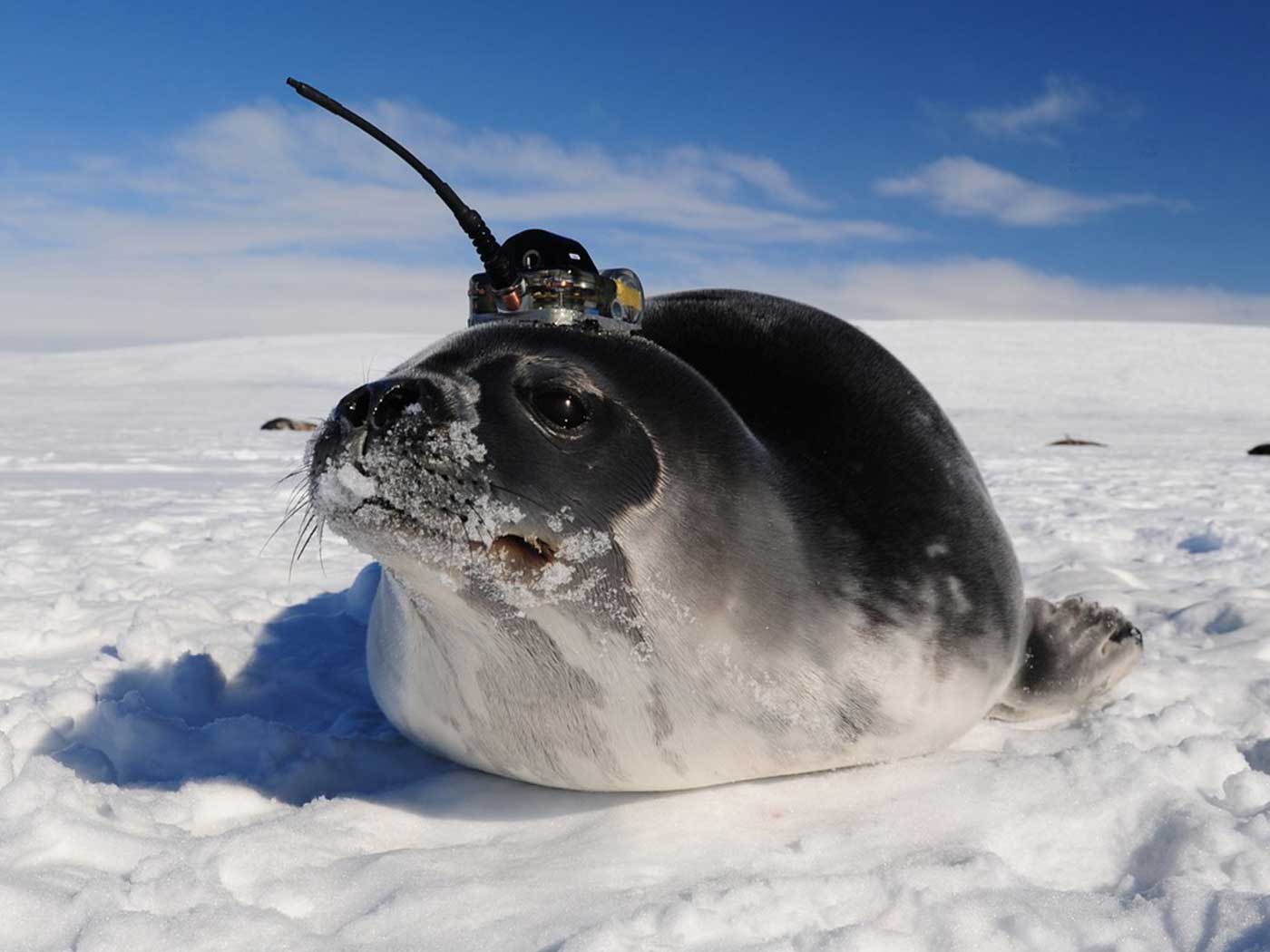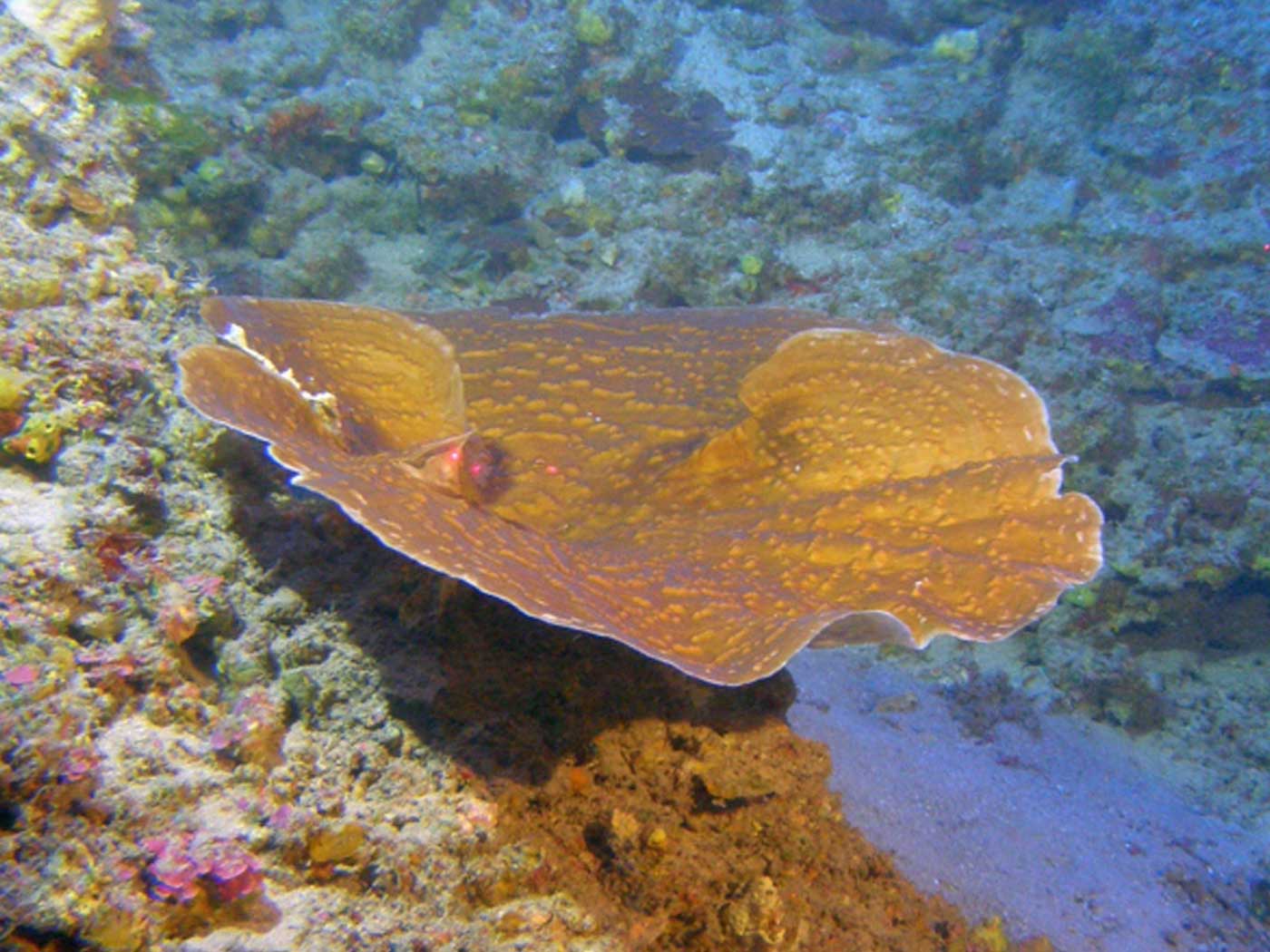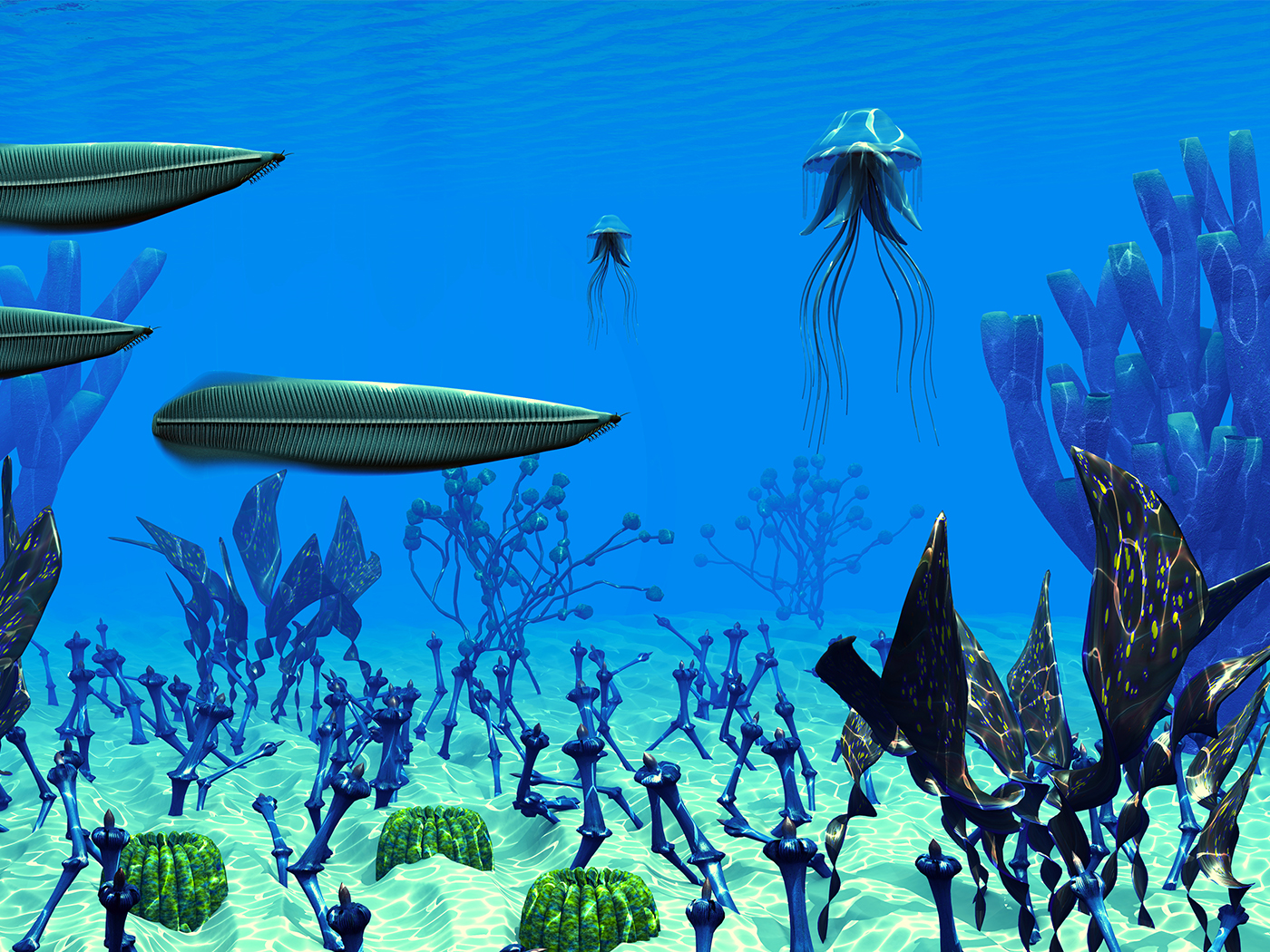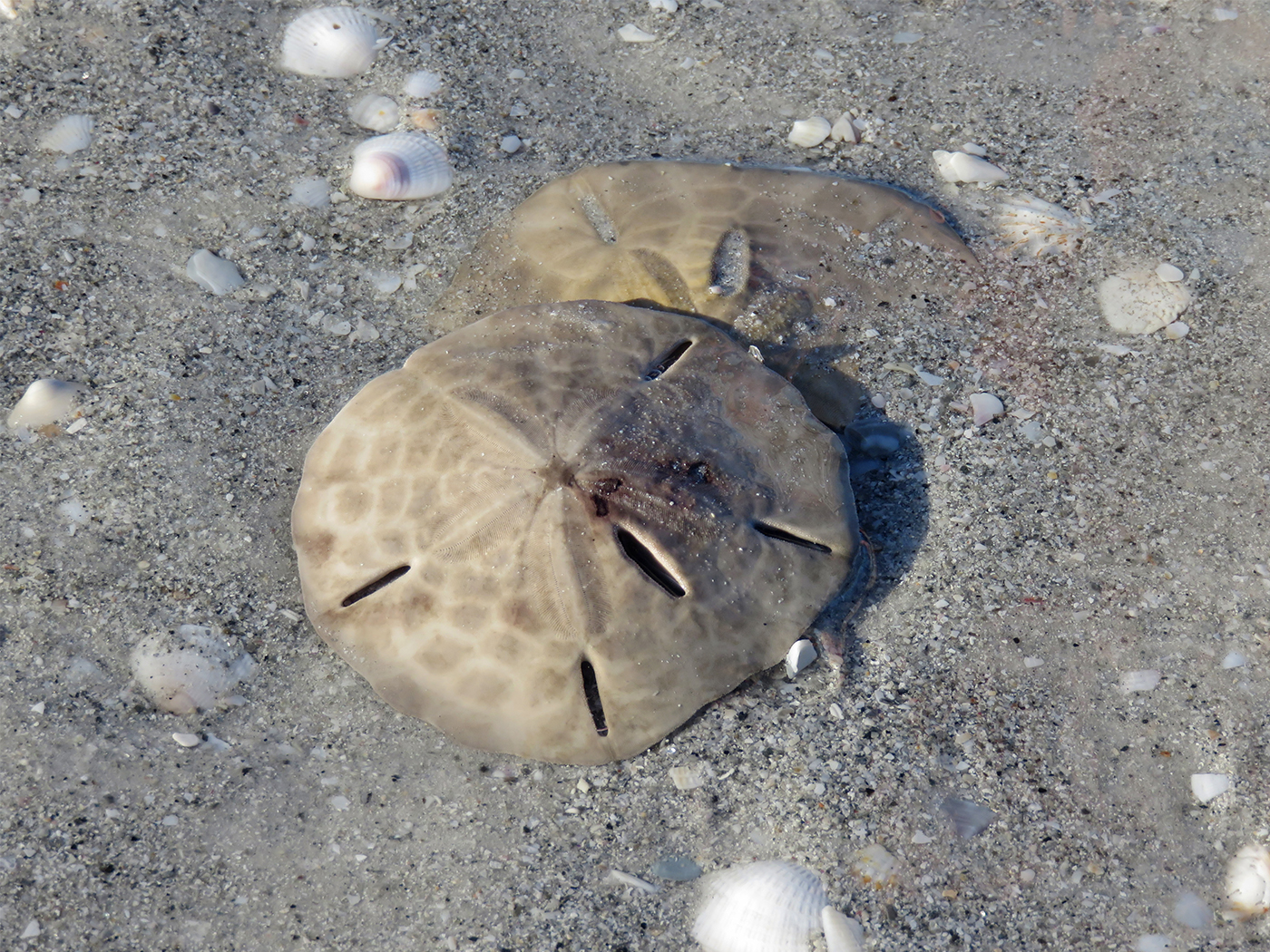The amazing octopus continues to astonish scientists and the public. Every facet of this invertebrate has surprised researchers, from its extremely rapid ability to change color and disappear into the background, to its amazing intelligence.
"Octopuses are highly intelligent creatures," says Claire Little, a marine biologist at the Weymouth Sealife Center in southwest England. "They're probably the most intelligent invertebrate that we're aware of. They are classed as intelligent as the general home pet dog."1
Where did these eight-armed creatures come from? Evolutionists don't know. Allaby stated they "probably came from a belemnite [Belemnitda – extinct cephalopods] forebear, sometime in the early Cretaceous"2 (emphasis added). But when a rare octopus fossil is found, it's always 100% octopus as predicted by creation scientists. Octopi have always been octopi.
For the first time, biologists recently sequenced the octopus genome3, meaning they determined the precise order of nucleotides that comprise the DNA molecule. They discovered the octopus has an enormous genome—the complete set of genes—comparable in size to the human genome. The zoologists thought this genome was simply duplicated, or copied within itself, to achieve such a large size. But with more investigation they found that duplication was not the case. Instead they discovered a large family of genes involved with octopus brain development. Up until this time, such elaborate brain circuits were erroneously thought to be possessed almost exclusively by vertebrates.
These approximately 150 brain-development circuits are not found in other well-studied lab invertebrates such as the roundworm (C. elegans) or the fruit fly. They are unique to the created octopus.
Other investigation has revealed active genes in sucker tissue that "might be doing something related to sucker function," says Carrie Albertin of the University of Chicago.3
To conclude—the octopus genome reveals unexpected complexity and innate brain function for an invertebrate. This creature can change its color to match its surroundings in an instant, problem solve, and even taste with its suckers. They have incredible sophistication inside and out as God created them thousands of years ago.
References
- Getting A Handle On Octopuses' Dominant Arms. NPR Research News. Posted on npr.org July 10, 2008, accessed February 10, 2016.
- Allaby, M. 2020. Oxford Dictionary of Zoology, 5th edition. Oxford University Press, 419.
- Greenfieldboyce, N. Octopus Genome Offers Insights Into One Of Ocean's Cleverest Oddballs. NPR Science. Posted on npr.org August 12, 2015, accessed February 19, 2016.
*Dr. Sherwin is Research Associate, Senior Lecturer, and Science Writer at the Institute for Creation Research.
Article posted on February 22, 2016.
























